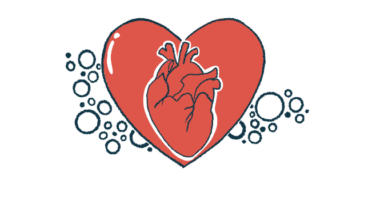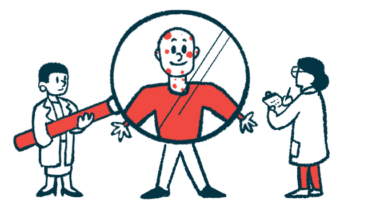What Caregivers Should Know

Hey, everyone!
Last week was another difficult one. We lost another Cushing’s survivor. I made a tribute to him on my Crush Cushing’s Facebook Page after someone close to him told me he wanted all of us to continue fighting for awareness. So, in his honor, I dedicate this post to him and his family.
***
Caregivers play a major role in the life of a patient. Caregivers can be parents, siblings, significant others, spouses, friends, and so on. As much as we appreciate their love and support, sometimes they do things that seem insensitive. These are the times we need to remember that Cushing’s is difficult to understand, especially for a person who has never experienced it in their body.
I asked the Cushing’s community what they would like their caregivers to know or understand. Following are the answers:
Every day is different.
A Cushing’s patient doesn’t feel great every day. Health comes and goes like waves. One day, the patient can feel well and capable of doing things, and then horrible over the next few weeks. So, caregivers, don’t expect recovery to be linear or quick. It takes a solid two or three years before most patients see a major, permanent change that causes them to feel good on most days.
Don’t put us down. We’re already hard on ourselves.
One thing people with Cushing’s do daily is to think of all the things we could be achieving but can’t because we feel so weak, nauseous, and dizzy. We know we “look fine,” but we aren’t. Please trust the person you care for when they say they aren’t ready for something or they say something feels off.
Listen. Really listen.
People with Cushing’s know it’s hard to really grasp the disease’s toll, and sometimes you may lose patience. But don’t shrug the patient off. The disease is intense, and surgery isn’t an official “cure.” When a patient complains of certain pains and feelings each day, it’s because they are truly affecting them. This stuff isn’t made up for fun. The endocrine system controls many major parts of the body, and it’s been damaged for years. It won’t heal quickly, and some of it may never function properly again. This will affect the patient you care for the rest of their life. Please listen to pleas for help. Your loved one is learning how to function in what seems like a brand new body. It’s a lonely and scary experience, and the patient does their best.
Caregivers: The Cushing’s community truly appreciates all you do, but we also understand that on tougher days, patience may be hard to find. Those are the days your understanding is most needed, however.
Patients: If you’re having a hard time communicating any of these things to your caregiver, simply ask them to read this. I know finding the words is sometimes difficult. Hang in there.
See you all next week,
xoxo, Catarina.
***
Note: Cushing’s Disease News is strictly a news and information website about the disease. It does not provide medical advice, diagnosis, or treatment. This content is not intended to be a substitute for professional medical advice, diagnosis, or treatment. Always seek the advice of your physician or other qualified health provider with any questions you may have regarding a medical condition. Never disregard professional medical advice or delay in seeking it because of something you have read on this website. The opinions expressed in this column are not those of Cushing’s Disease News or its parent company, BioNews Services, and are intended to spark discussion about issues pertaining to Cushing’s disease.







Comments